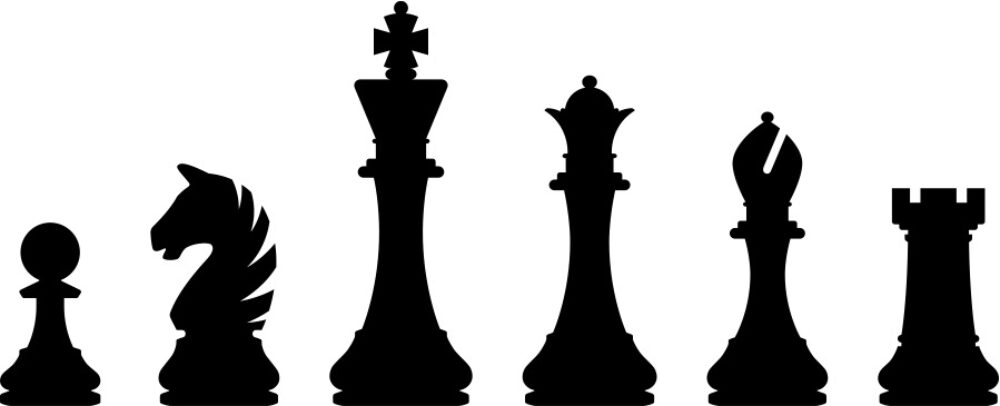
“The journey of a thousand miles starts with a single step.” – Lao Tsu
The century-old question that every chess amateur brings to the teacher:
‘How do I get better at the game of chess?
After playing this game actively for well over a decade, I believe I can come up with the short answer:
Hard work and Organisation.
If you want to improve in chess, you have to put in the hours of learning and playing in a systematic way. There is no shortcut.
Where do I start?
Chess is primarily Tactics for the new beginner. So I would say the fastest way to improve would be to practice chess tactic puzzles daily. Be sure to throw in as 1-2 practice games as well.
Next, You should learn a few basic Openings but don’t spend too much time memorizing lines. Much more important are the ideas behind the opening that you choose. Please don’t learn dubious lines which are unsound. These may win you quick games at lower levels but will not work against better players. Invest your time well in proper openings which are played even at the highest levels, that way as you improve, your understanding of chess will improve as well.
Next, search for master games with good annotations of the openings that you have selected. That way you can build up your knowledge of middlegame plans and key strategical motifs to watch out for in the actual game.
With regards to Endgames, there is no magic formula for this one: You just got to grit your teeth and go through the learning of proper endgame technique. (I’ll recommend some books in my books section) Yes, it can be dull but knowing that extra bit of technique can usually be the difference between a win/draw or draw/defeat.
All of the above studying will lead to better chess pattern recognization. To a large extent, Chess is about pattern recognization. Chess masters will often deduce the best chess plan(plans?) in any given position simply by dissecting the pawn structures of both colors whilst taking into account the pieces left behind on the board. This helps to conserve precious energy in an actual tournament setting where the clock is actively running and you’re in the 4th-5th hour of play.
Slow chess or blitz: Does it matter?
Yes it does.
Trust me, I’ve been an internet player my whole chess life (playing online blitz since 2004), but only experienced my first OTB (over the board) international tournament in 2016. I can attest that playing chess at slower time controls forces one to think and play more accurately in just about any given position. Speculative chess moves won’t work so well if you’re opponent has all the time/day to find the best response.
Develop a systematic thinking habit.
Probably the best-kept secret of chess trainers: Good chess players have established good thinking habits. They go through the same thought process in their minds when deciding upon a chess move. Good thinking process means a better selection of candidates moves which often translates into better moves played.
Everyone will develop their own thinking process when it comes to playing chess. However, I like to use a simple acronym derived from Alexei Kosikov’s book ‘Elements of Chess Strategy’ and 3 questions to ask myself before I play any move in chess.
The acronm is ‘STOP C’
S stands for stay calm, patient
T tactics. Are there any tactics in the position? For myself or for my opponent? This is probably the most important question to ask before playing any move. Most games at club level are decided by tactics.
O objectivity. Don’t go kingside hunting if there isn’t an opportunity. Analyze the position based on its attributes
P plan. After breaking down the elements in the positions, figure out what is your best plan and for your opponent. Select candidates moves here and choose the one that feels right.
C Calculate. Play a move in your mind and look ahead until a stable/favorable position is reached. If undesirable, select another candidate move and again calculate until a favorable position is reached.
Lastly, the 3 questions I ask myself are derived from Jacob Aagard book positional chess
1. Where are the weaknesses?
2. Which is the worst-placed piece?
3. What is your opponent’s idea?
The last of the 3 questions is probably the most important. It is mandatory for you to at least think of your opponents best reply before deciding on a move in order to prevent unpleasant surprises. After all, your opponent has a right to fight for the win as well. Never underestimate one’s opponent or their resources.
